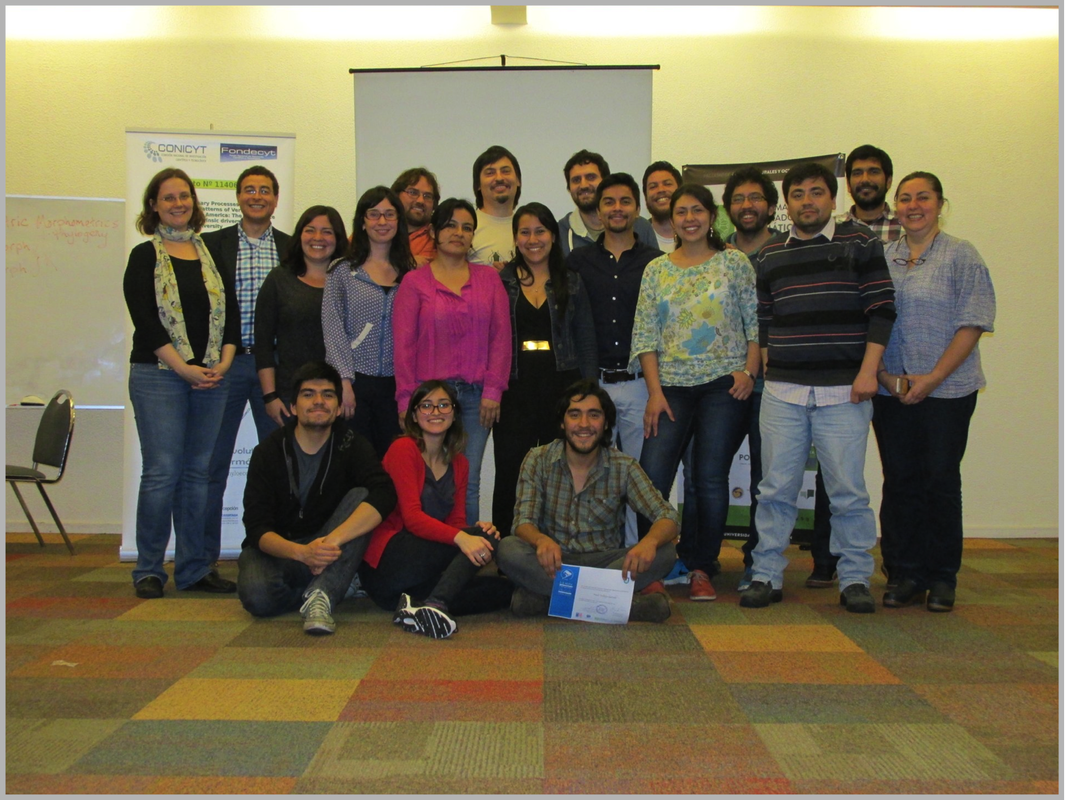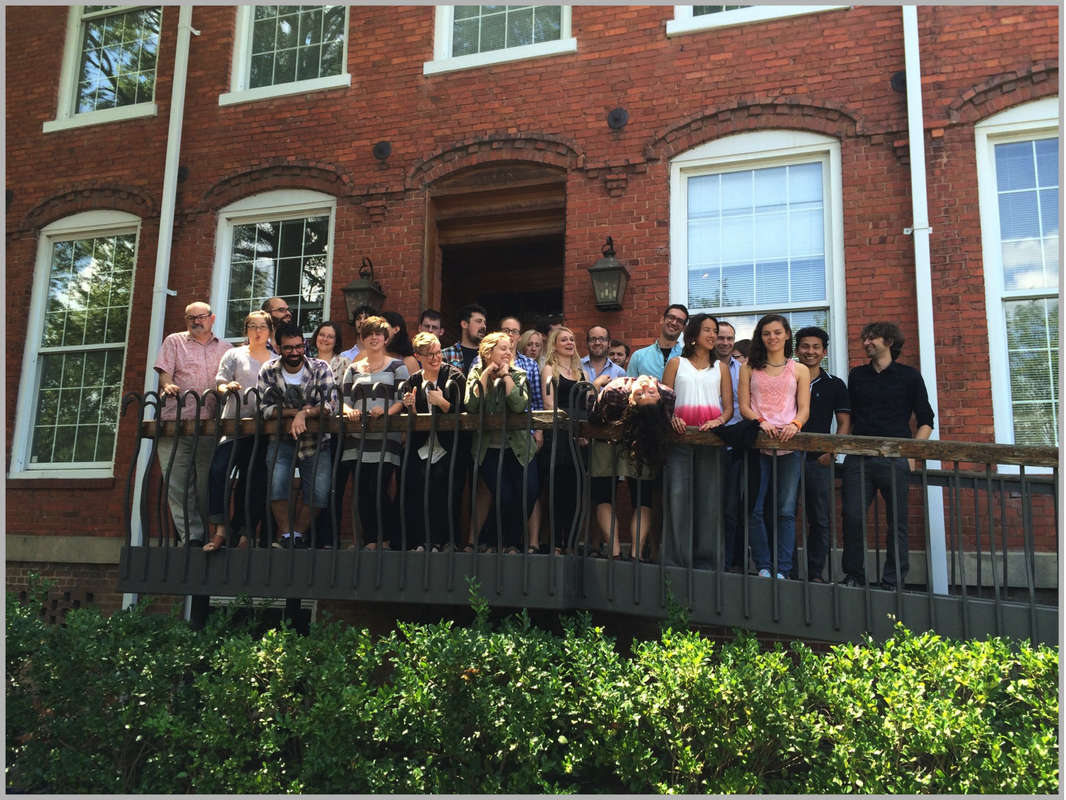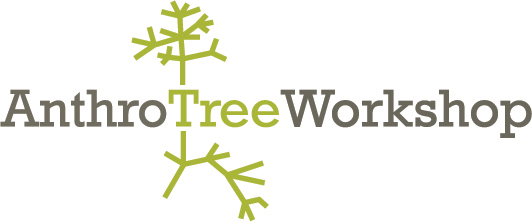Graduate teaching
A lot of my teaching involves the interaction of students with computing technology, primarily focusing on complex evolutionary analyses, specifically phylogenetic comparative methods, and their implementation in the statistical computing framework 'R' . The careful integration of technology can give students the freedom to interact with and analyze real scientific data, while developing important transferable skills such as basic computer programming. Where possible I endeavor to make all my teaching materials available online for others to use, please follow the links below.
Biol 8000 Concepts in Evolution, Ecology and Organismal Biology
I teach the Macroevolution section of our core course for incoming graduate students along with three other professors who teach microevolution, ecology and functional biology. This course gives a broad overview of these topics and emphasizes the integration between fields.
I teach the Macroevolution section of our core course for incoming graduate students along with three other professors who teach microevolution, ecology and functional biology. This course gives a broad overview of these topics and emphasizes the integration between fields.
BIOL 8230 Modern Macroevolutionary Methods
Every three years I teach a graduate class focusing on macroevolutionary methods for understanding lineage diversification and trait evolution, focusing on the evolutionary models used in phylogenetic comparative analyses. It is a hands-on class involving readings, discussion and coding in R. Taught fall 2019, 2023
Every three years I teach a graduate class focusing on macroevolutionary methods for understanding lineage diversification and trait evolution, focusing on the evolutionary models used in phylogenetic comparative analyses. It is a hands-on class involving readings, discussion and coding in R. Taught fall 2019, 2023
Biol 8070 Readings in Evolutionary Biology
Dr. Kara Powder and I ran a highly interactive graduate reading group, which is attended by grad students, postdocs and faculty within Biological Sciences with a broad interest in Evolutionary Biology.
Dr. Kara Powder and I ran a highly interactive graduate reading group, which is attended by grad students, postdocs and faculty within Biological Sciences with a broad interest in Evolutionary Biology.
Workshops
'Evolutionary Quantitative Genetics Workshop' in June 2019 at Friday Harbor and June 2021, 2022 virtual
The workshop reviews the basics of theory in the field of evolutionary quantitative genetics and its connections to evolution observed at various time scales. One aim of the workshop is to build a bridge between the traditionally separate disciplines of quantitative genetics and comparative methods.
The workshop reviews the basics of theory in the field of evolutionary quantitative genetics and its connections to evolution observed at various time scales. One aim of the workshop is to build a bridge between the traditionally separate disciplines of quantitative genetics and comparative methods.
|
Phylogenetic Approaches to Biodiversity Workshop I (2015) II (2016)
I taught a 3-day hands-on workshop at the Universidad Andrés Bello 2-4th Nov 2016 & Universidad de Concepción 3rd-5th Nov. 2015. The goals were that by the end of the workshop the students will 1) Understand the fundamental models of character and lineage diversification 2) Know how to implement these models to test hypotheses using the R statistical framework 3) Understand some of the limitations of these methods and how to assess the appropriateness of the model using simulation. All lectures and extensively documented R code are available - please email me for a link. |
|
Bodega Bay Applied Phylogenetics Workshop (2009-2017)
I have been an instructor at this week-long workshop for graduate students from all over the world for the past seven years (2009- 2017 with a hiatus in 2016). I teach models of trait evolution, primarily continuous traits with a focus on state-dependent trait diversification. I emphasize the underlying evolutionary models: Brownian motion, Ornstein-Uhlenbeck and their derivatives, as they are key to understanding the use and limitations of the methods. Click the following links to access my presentations, R tutorials and example data files for state-dependent trait diversification (OUwie and other R functions) 2015 or 2016 and the entirety of continuous trait evolution 2017. |
|
Paleobiological and phylogenetic approaches to macroevolution NESCent Academy (2014)
I, along with Lars Schmitz and Graham Slater, received funding to run a NESCent Academy for graduate students, postdocs and faculty to teach traditional stratigraphic methods, phylogenetic methods and combined approaches. We had a combination of participants and instructors from paleobiology and comparative biology. The workshop covered a wide variety of subjects from estimating speciation and extinction rates in the fossil record and from phylogenies through to patterns of disparity and models of trait evolution. I taught discrete and continuous models of evolution along with state-dependent trait diversification in OUwie. |
|
I was also an instructor at the 2012 AnthroTREE workshop in Amherst MA, where I covered continuous trait models with specific reference to morphology. My presentation and materials can be accessed here.
|
I was an instructor at the 2015 Society for Systematic Biologists model-based molecular systematics workshop in Guarujá, Brazil. I had one and half hours in which to teach trait evolution both continuous and discrete, which was quite a challenge! My presentation and materials can be accessed here.
|




